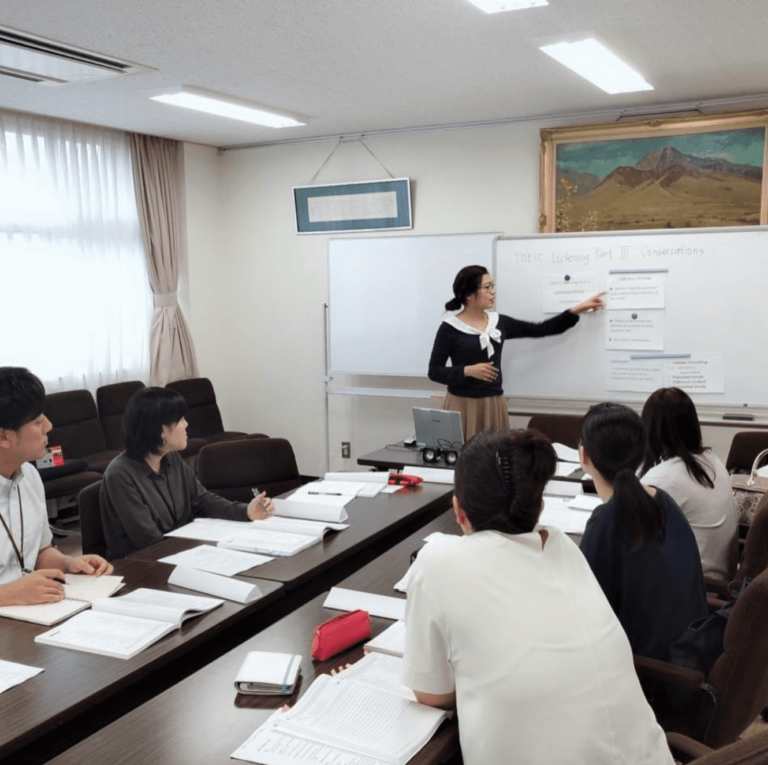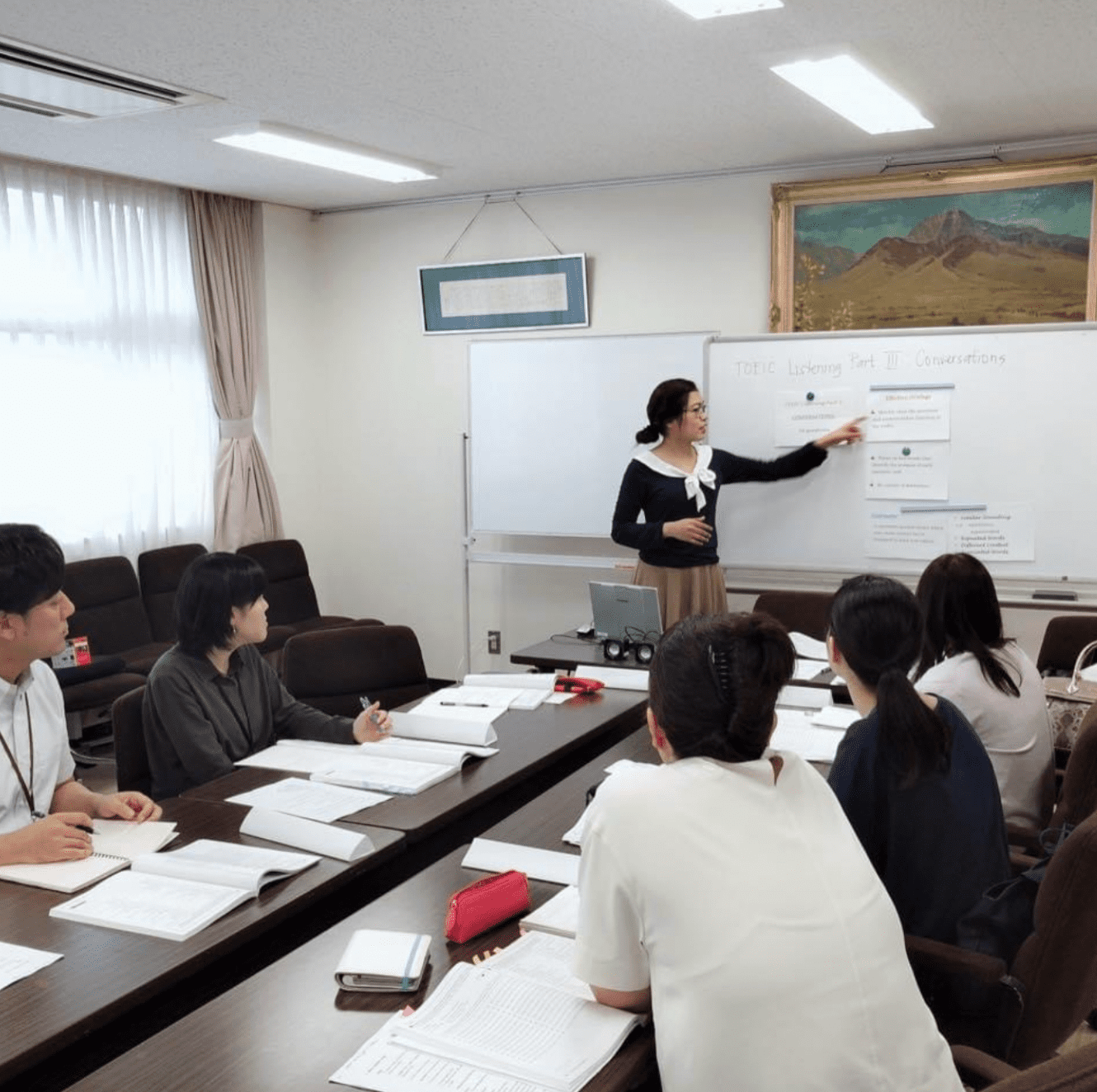

A Comprehensive Simple Guide You Need To Know
Today, you will learn about the guide to teaching in Japan, which is hoped to assist you, whether it is for you or not. Teaching English in Japan might be the perfect option if you are searching for a way to combine your passion for teaching with your love for travel and adventure.
Japan is a country where nature and technology blend seamlessly. Moreover, it is a country with a high demand for English teachers who can help Japanese students improve their language skills and global awareness.
But how do you become an English teacher in Japan? What are the different types of English teaching jobs available? Also, what are the requirements and qualifications you need? How much can you earn, and what benefits can you get? And how do you survive and thrive as an English teacher?
Types of English Teaching Jobs in Japan
There are four popular types of English teaching jobs in Japan:
- Assistant Language Teacher (ALT)
ALTs work in public schools (elementary, junior high, or high school) as assistants to Japanese teachers of English. They help with lesson planning, classroom activities, pronunciation, and cultural exchange. ALTs find jobs through the Japan Exchange and Teaching Programme (JET) or private companies such as Interac or ALTIA Central. ALT jobs are popular among new graduates and those who want to experience the Japanese education system and culture.
- Eikaiwa (English conversation school)
Eikaiwa teachers work in private language schools that cater to students of all ages and levels. They teach conversational English using textbooks, games, role-plays, and other methods. Eikaiwa teachers are usually hired directly by the schools or through recruitment agencies such as Gaba or AEON or agencies in your home country. Eikaiwa jobs are popular among those who want more flexibility and variety in their teaching schedule and curriculum.
- International School
International school teachers work in schools that follow an international curriculum (such as IB or Cambridge) and teach subjects other than English (such as math, science, or history) in English. They usually have a teaching license or certification from their home country and relevant teaching experience. They find jobs through online platforms such as Search Associates or ISS-Schrole Advantage. International school jobs are popular among those who want to have a higher salary and more professional development opportunities.
- Online teaching
Online teachers work from anywhere and teach English to Japanese students via video calls via Skype or Zoom. They usually have a TEFL certification and a reliable internet connection. Also, online teachers find jobs through online platforms such as VIPKid or iTutorGroup. This type of job is popular among those who want more freedom and convenience in their teaching location and hours.
Requirements and Qualifications
The requirements and qualifications for English teachers in Japan vary depending on the type of job and employer. However, some are:
- A university degree from an accredited institution
- Native or near-native level of English proficiency
- Valid passport and visa (usually a working visa sponsored by the employer)
- The clean criminal record check
- A health check
Some additional qualifications that may be preferred or required are:
- A TEFL certification or equivalent (usually 120 hours or more)
- Teaching license or certificate from your home country (especially for international school jobs)
- Relevant teaching experience (especially for Eikaiwa or online teaching jobs)
- Knowledge of the Japanese language and culture (especially for ALT jobs)
How to Find and Apply
There are several ways to find and apply for English teaching jobs in Japan:
- Online job boards
You can browse job boards such as GaijinPot, JobsinJapan, Ohayo Sensei, or Dave’s ESL Cafe to find various English teaching jobs in Japan. Besides, you can filter your search by location, salary, type of employer, etc. Also, you can upload your resume and apply directly to employers through the job boards.
- Recruitment agencies
Register with recruitment agencies such as Gaba, AEON, ECC, Berlitz, etc., to find Eikaiwa jobs in Japan. In addition, you can register with recruitment agencies such as the JET Program, Interac, ALTIA Central, etc., to find ALT jobs in Japan. The recruitment agencies will screen your application, conduct interviews, arrange visas, and provide training and support.
- Online platforms
Register with online platforms such as Search Associates, ISS-Schrole Advantage, TIE Online, etc., to find international school jobs in Japan. In addition, you can register with online platforms such as VIPKid, iTutorGroup, Qkids, etc., to find online teaching jobs with Japanese students.
- Networking and referrals
Network with other English teachers in Japan through online forums, social media groups, or events. You can also ask for recommendations from people with connections in Japan. Undoubtedly, networking and referrals can help you find hidden or exclusive job opportunities and get advice from trusted sources.
- Direct applications
Research and contact schools or employers through their websites or email addresses. Moreover, you can send them your resume and cover letter and express your interest and qualifications for teaching English in Japan. Indeed, direct applications can help you stand out and show your initiative and enthusiasm.
Salary and Benefits
The salary and benefits for English teachers in Japan depend on the type of job, employer, location, qualifications, and experience. However, some general ranges are:
- ALT jobs
Their average salary is around 250,000 yen per month. Some benefits may include subsidized housing, transportation allowance, health insurance, paid vacation, and bonus.
- Eikaiwa jobs
The average salary for Eikaiwa teachers in Japan is around 250,000 yen per month. Some benefits may include a furnished apartment, transportation allowance, health insurance, paid vacation, and a bonus.
- International school jobs
The salary for international school teachers in Japan depends on the company or school you are applying for. Some benefits may include housing allowance, relocation allowance, health insurance, pension plan, paid vacation, and tuition discount for children.
- Online teaching jobs
The average salary for online teachers in Japan is around 2,000 yen ($18) per hour. Some benefits include a flexible schedule, work-from-home, and performance incentives.
Tips and advice
Living and working as an English teacher in Japan can be an exciting and rewarding experience. However, it can also be challenging and stressful at times. Below are some tips and advice to help you make the most of your time in Japan;
- Learn some Japanese
Learning basic Japanese can help you communicate with your students, colleagues, employers, and locals. It can also help you understand their culture, customs, and etiquette. You can take online courses, use apps like Duolingo or books, or join language exchange groups to learn some Japanese.
- Be mindful of the cultural differences
Japan has a long and fascinating history that has shaped its unique culture. You should respect the culture and follow the norms and rules of the society. For example, bow when greeting someone, take off your shoes when entering a house or a school, avoid being loud or rude in public places, etc.
- Adapt to the work environment
Japanese have a high standard of professionalism and work ethic that may differ from your own. Adapt to the work environment and follow the expectations and policies of your employer. For instance, dress appropriately, be punctual and reliable, prepare well for your lessons, and give feedback and praises to your students so they can be more motivated to learn more.
- Explore the country
Japan has many to offer, such as nature, culture, history, and entertainment. Explore the country and experience the different aspects of Japan. Moreover, you can visit famous landmarks, such as Mount Fuji, Tokyo Tower, or Kyoto temples. Also, you can try different cuisines, like sushi, ramen, or okonomiyaki. On top of that, enjoy various festivals, events, and activities, such as cherry blossom viewing, fireworks, or karaoke.
- Make friends and connections
Living and working in a foreign country can be lonely sometimes. Thus, making friends and connections with other English teachers and locals in Japan can make you feel that you are not alone. You can find a community of people passionate about the same things as you. Similarly, you can attend social or networking events or parties that cater to foreigners or English speakers in Japan.
Teaching here can be an exciting and rewarding experience that can enrich your personal and professional growth. However, remember the tips mentioned here and do your homework before you decide.
I hope that this guide to teaching English in Japan can help you find and apply for the best English teaching job. Whether you want to teach in public schools, private language schools, international schools, or online platforms, as a new graduate or a certified teacher, there is a place for you here. So don’t wait any longer and start your journey now! Also, you can check our YouTube videos for interview Q&A, job-related, inspirational, and motivational videos. Thanks for reading, and I’ll see you at the next one.




